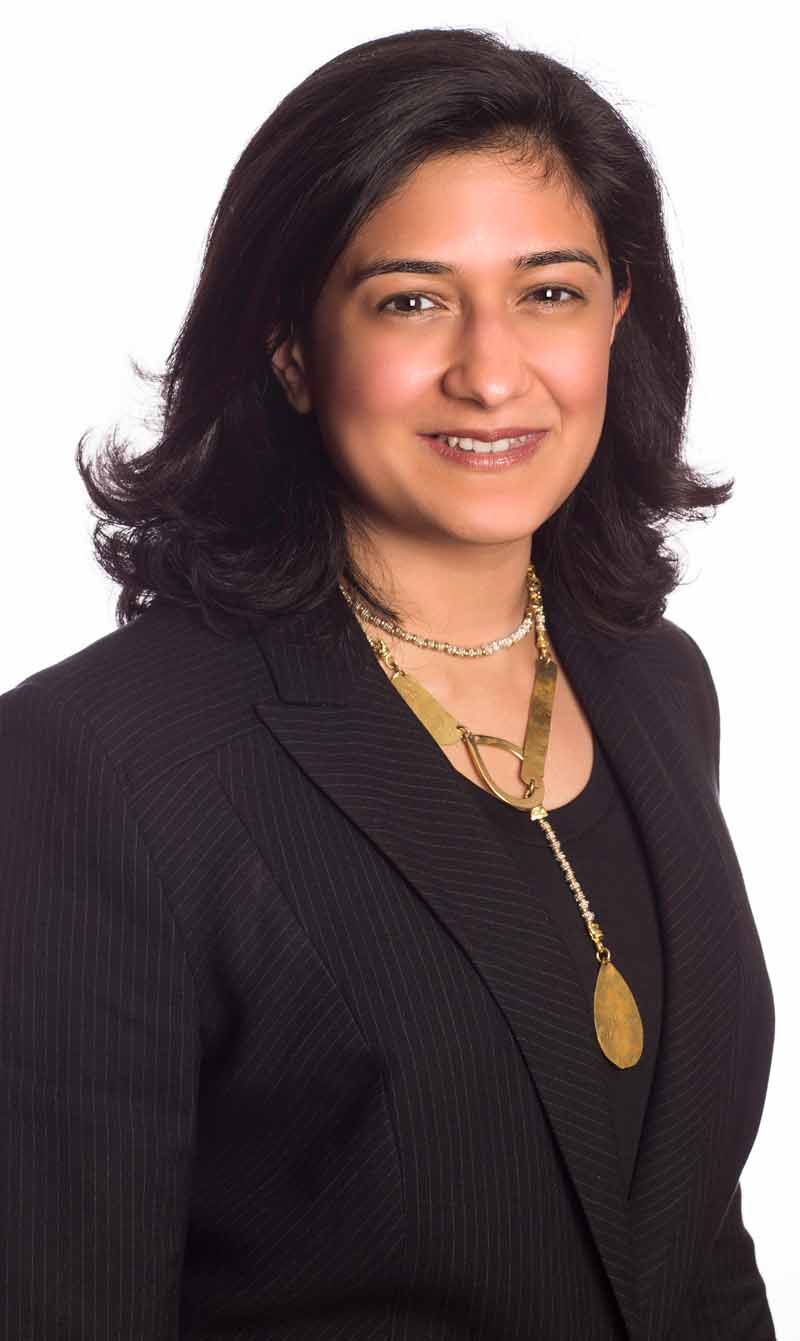Developing human capital in Islamic finance
Islamic finance has enjoyed unparalleled growth in the past decade in terms of industry size and value, with a compound annual growth rate in recent years of 15 per cent to 17 per cent. However, the human capital meant to support the industry is still in its infancy. Is the Islamic finance industry willing and able to build its own human capital base? Do current systems of training and education provide the right ways to build this base, or do changes need to be made?
As the Islamic finance industry grows, more people must take up the mantle of Islamic finance. Islamic banking assets in six core markets (Qatar, Indonesia, Saudi Arabia, Malaysia, the UAE and Turkey) are estimated to reach a combined USD1.8 trillion by 2019. According to the Finance Accreditation Agency (FAA) of Malaysia, at least 56,000 people will be needed to serve the Islamic financial sector in the coming years and shortages will be felt most acutely in the capital market sector.
Furthermore, training providers have identified Islamic banking as the training course that is in greatest demand. However, comparing the figures for shortages versus demand reveals that there is an over-supply of Islamic banking training. By comparison, wealth planning and capital market training courses are lacking by over third.
Islamic finance training programmes are growing detached from the real needs of the industry: in the case of Malaysia, studies have shown that the biggest talent and competency gaps are for technical positions in the Islamic finance industry. This reveals some of the challenges facing Islamic financial development. There is a mismatch between demand and supply: training and education providers do not completely serve the needs of the industry and financial landscape.
In terms of Islamic banking human resource needs, there are very few fresh graduates—many have backgrounds in conventional banking and lack a deep understanding of Shariah requirements. This affects institutions at all levels, from front-line staff who may not be able to properly articulate Shariah banking concepts, to senior management who may be able to make decisions without fully appreciating religious or ethical ramifications.
Linking academia and industry
Islamic financial institutions must become more directly involved in designing Islamic finance modules while programmes must match specific industry needs. A symbiotic relationship should exist between the two spheres: academics can make practitioners reflect on what they are doing, but without practitioners to inform them, academia will stagnate. In Malaysia’s experience, education is the key. However, in order for a course to be taught at a given level, the teacher must have qualifications at a level above. For example, a masters-level course must be taught by someone with a doctorate or higher. This excludes many potential teachers who may have a wealth of experience and intimate industry knowledge but lack the correct qualifications. It is important to find a way to get these people into academia.
Possible solutions to developing human capital
1. Internships/industry attachments
Internships form clear expectations from both academia and the industry and should be made a requirement for all Islamic finance programmes.
2. Industry advisory boards
Although such boards already exist, in the case of Malaysia, they tend to be inactive. Active boards should exist in each academic institution to ensure that programmes are aligned with the needs of industry.
3. Co-teaching
Co-teaching can bring those with the right experience (but not the qualifications) to academia. Courses can still be led by professional academics but industry practitioners can be brought in to impart specific knowledge.
4. Industry-based academic projects
Programmes should be conducted with the industry in mind. For example, class assignments should be based on current issues.
5. Consulting work
This can be done in both directions, with the industry consulting for academia and vice-versa. Both sides have their strengths and, together, they can benefit the entire system.
6. Professional association
A candidate for membership of a professional body should not only need to have minimum academic qualifications but also minimum industry experience. This can help reduce mismatches between the expectations of fresh graduates and the industry.
7. Accreditation
Accreditation can help address the lack of a common measurable performance standard between academia and the industry.
The necessary components of Islamic finance courses
Core components:
• Shariah
• Islamic economics
• Islamic banking
• Takaful
• Islamic wealth management
• Islamic capital markets
Additional components:
• Soft skills
• Ethics
• Leadership
• Entrepreneurship
• Teamwork
• Writing and presentation skills
Industry inputs:
• Practical exposure
• Case studies
• Study visits
• Access and exposure to CEOs and senior management
• Key functions of financial institutions
‘In developing human capital for Islamic finance, there must be strong linkages between the educational programmes offered and the needs of the industry.’ Said Dr Amat Taap Manshor, Chief Executive Officer, Financial Accreditation Agency, Malaysia
___________________
Find out more of the latest development in Islamic finance at the upcoming WIEF-UEF Chennai Roundtable 2018 at Hotel ITC Grand Chola, Chennai in India, on 10 Nov 2018. For programme details or to register your interest, go to wief.org.
This is based on a session in the 11th WIEF in Malaysia.
Photo by Husna Miskandar on Unsplash.





